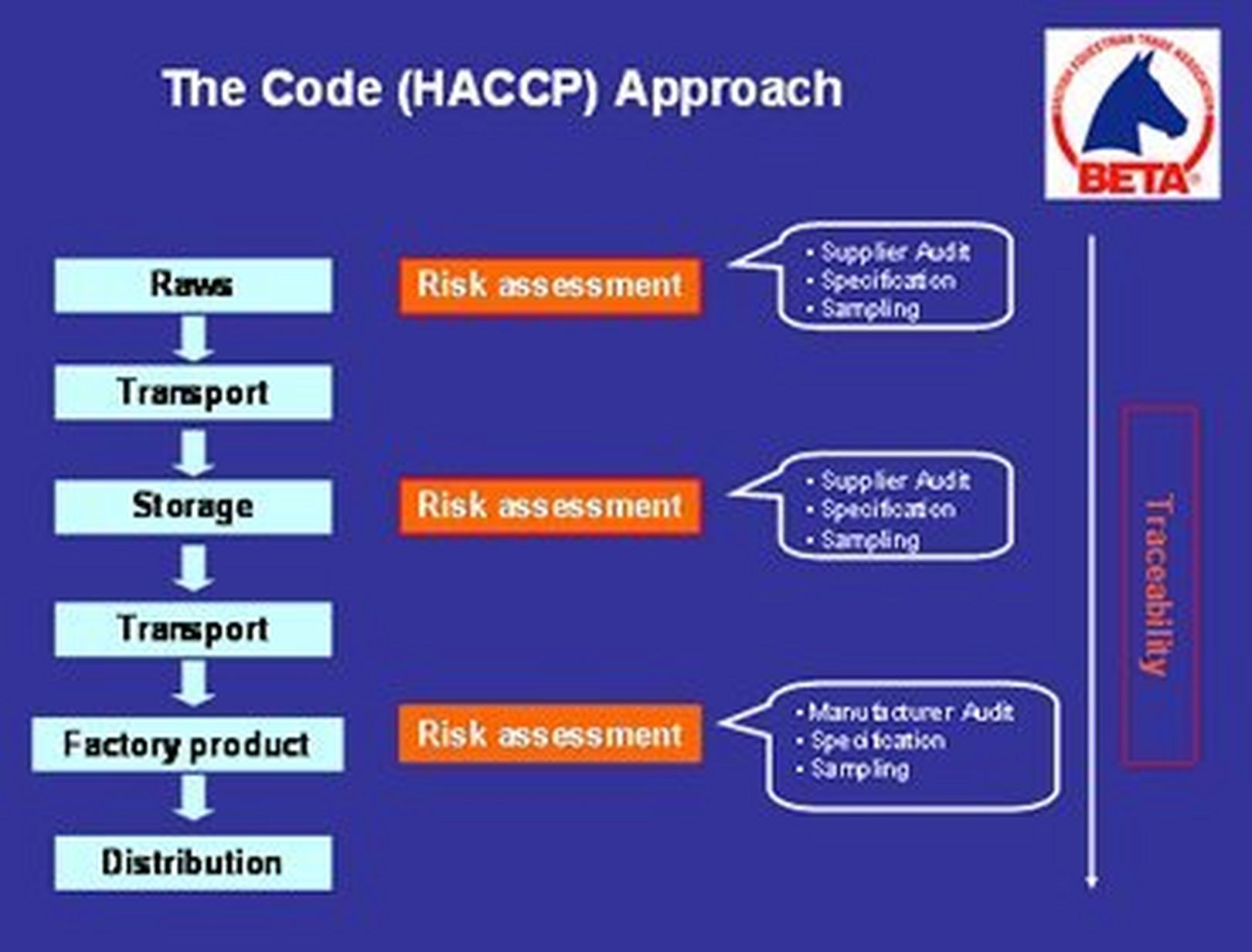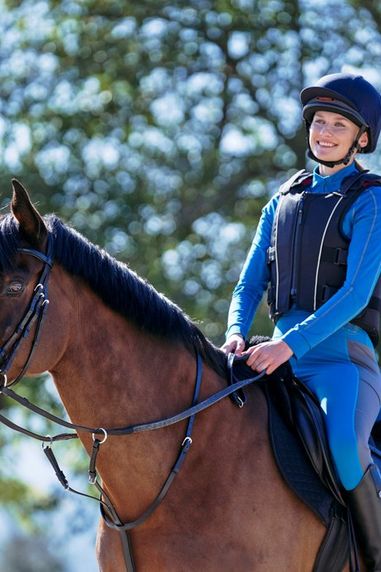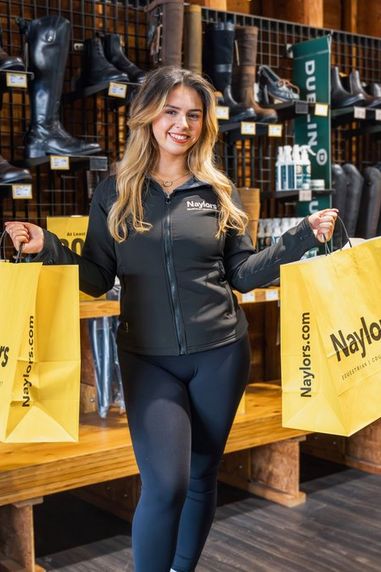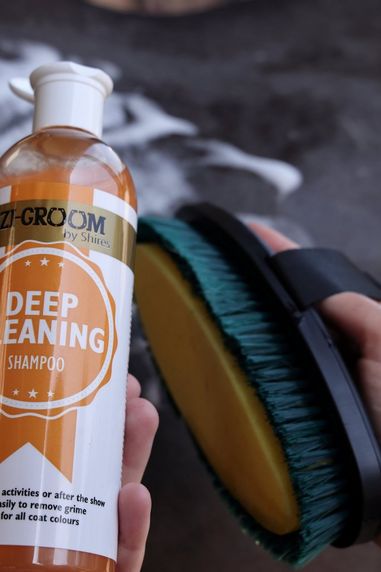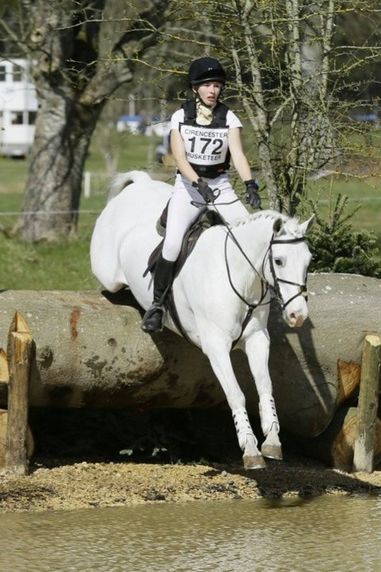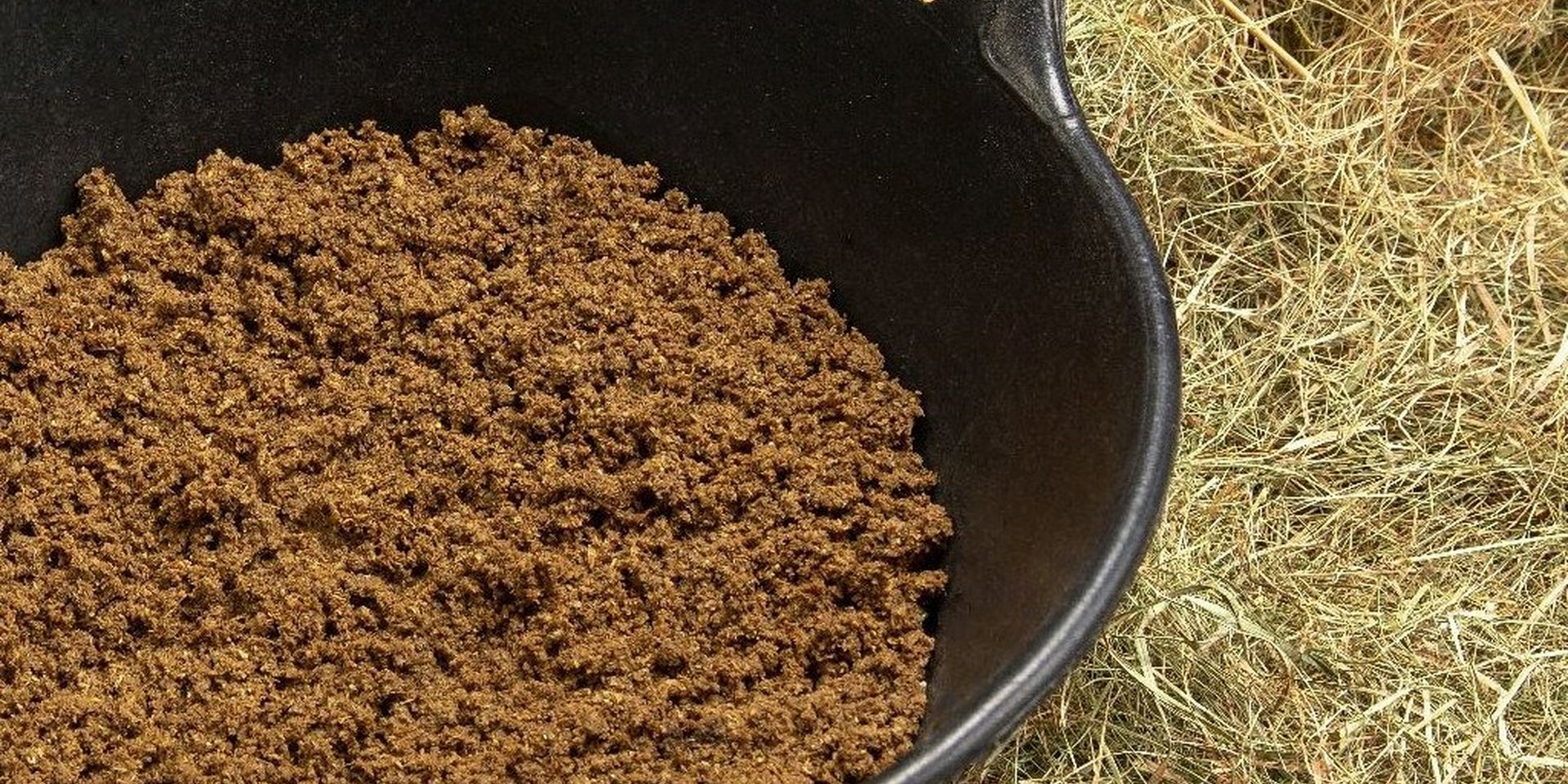
Planning on competing your horse this season? From training and tack to transport and registration, there’s so many things to think about. But this is one you really won’t want to overlook… After all, no one wants to be disqualified because of a prohibited substance, right?!
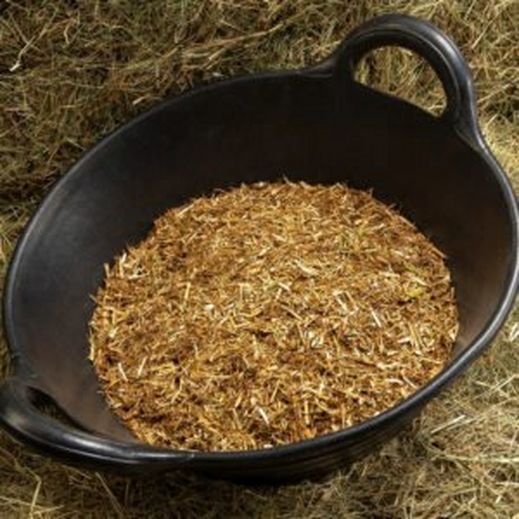
There’s a good chance that you’ve spotted a BETA NOPS mark on your horses feed bags but what does it mean for you and your horse? We all want equestrian sports to be clean and fair. Set up in 2009 the BETA Naturally Occurring Prohibited Substances Assurance Scheme ensures that this is possible.
Prohibited Substances
When we think of prohibited substances it’s easy to assume we’re talking about performance enhancing drugs, intentionally given for a competitive advantage but it’s not always so simple! By definition a prohibited substance is “any substance that can exert an effect on a horse” and to be truthful, that’s a pretty broad statement!
Once upon a time it would be pretty common to come across naturally occurring prohibited substances in horse feeds because they were either present within certain ingredients or added as a result of inadvertent cross contamination.
The most common culprits are:
- Caffeine – (cacao)
- Theobromine – (cacao)
- Theophylline – (tea)
- Morphine – (opium poppy, Papaver somniferum)
- Hyoscine – (nightshade, Datura)
- Atropine – (nightshade – Atropa belladonna)
- Cannabinoids – (Hemp fibre and plant material)
In 2016 the list of Herbal NOPS was also introduced as analysis showed the following substances can result in a positive test in competition:
High Priority – (Not permitted in equine feed or supplements)
Substance – Source – FEI status
- Cathinone/Cathine – Khat – Banned
- Digitoxin – Foxglove (Digitalis sp) – Banned
- Ephedrine/Pseudoephedrine – Ephedra sp. – Banned
- Reserpine – Indian snakeroot, Devil’s Pepper; (Rauvolfia sp.) – Banned
- Synephrine – “Bitter” orange cultivars (Citrus sp.) – Banned
Low Priority (Permitted but limited to horses NOT competing)
Substance – Typical Source – FEI status
- Harpagosides – Devil’s Claw – Controlled
- Salicylic acid – Willow bank, Meadow Sweet – Controlled
- Valerenic acid – Valerian (Valeriana Officinalis) – Controlled
- Yohimbine – Yohimbe tree (Rauvolfia sp.) – Controlled
How It Works
From field to feed sack, every step of the process must be traceable to ensure minimal risk. BETA NOPS Code requires the completion of a risk assessment for every stage of production; sourcing, storage, transport and processing. Suppliers of raw materials are also audited on a regular basis and staff undergo rigorous training.
Top Tips For Preventing A Contamination
- Ensure your horses feeds and supplements have the BETA NOPS logo on the packaging. If you're unsure always contact the supplier.
- Only buy good-quality feed from a reputable supplier.
- Check your horses pasture, feed and hay for any weeds or suspicious plants.
- Always keep track of feed batch numbers in case of issues or product recalls.
- Keep livestock feed separate to horse feed to avoid contamination.
- Only buy feed that is in correctly labelled and in a sealed bag.
- Keep your feed room locked when not in use.
- Avoid storing any other equipment in the feed room.
- Avoid mixing old and new feed. Finish old bags before starting new.
- Ensure each horse has their own feed bucket, scoop and mixer.
For more information please visit the BETA website, contact your feed manufacturer or call our customer service team on 01706 507555 .
